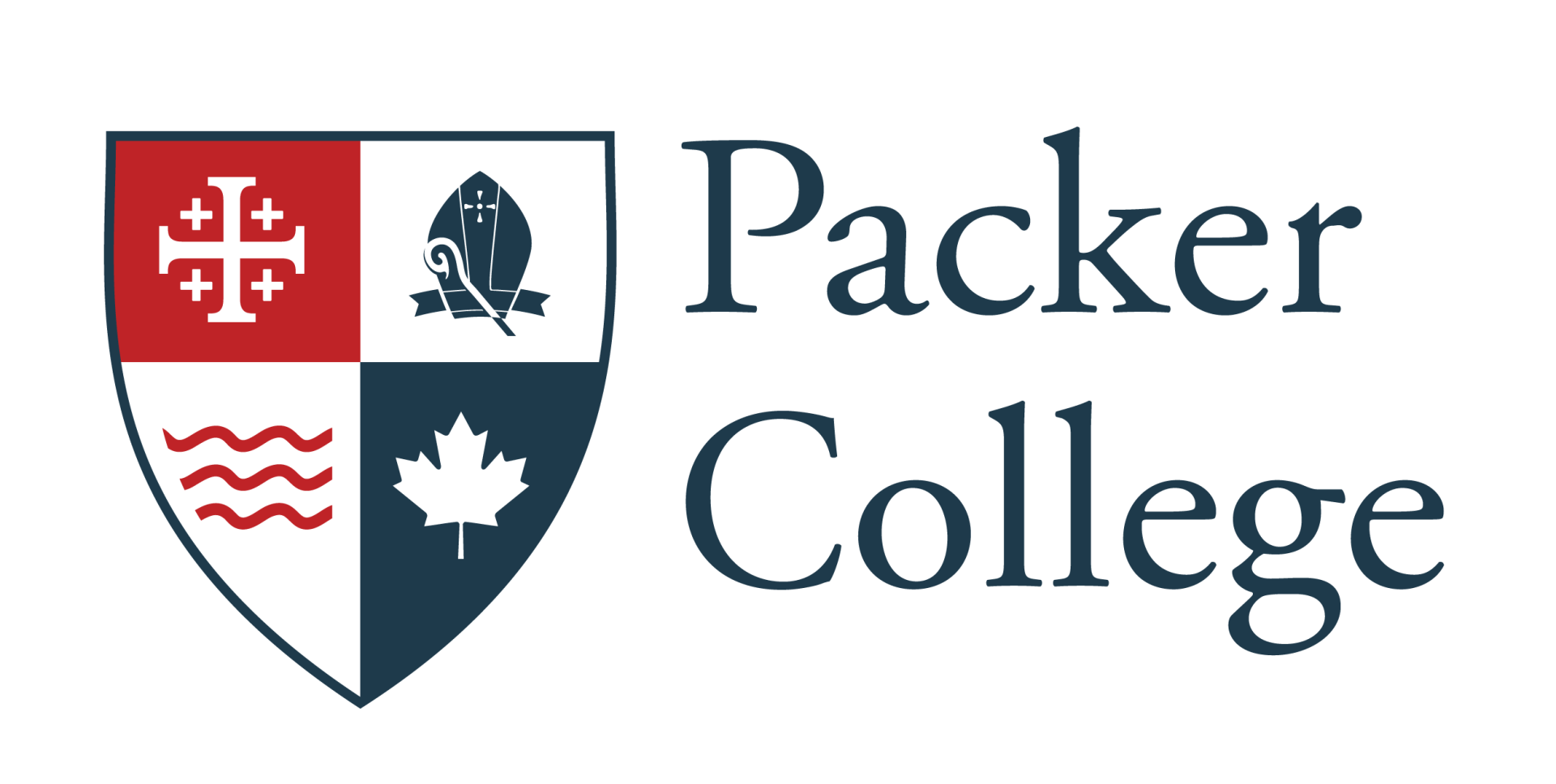Our Story
ABOUT
OUR STORY
Stressing the orthodox, apostolic, Anglican heritage of the “faith once delivered.”
The genesis of Packer College may be traced back to early autumn 2020. An exploratory working group was appointed by the Bishop to examine the feasibility of creating a diocesan seminary for ANiC. Having our own seminary would provide stability and security, allowing the church to have its future clergy trained in a denominationally approved and supported school. Throughout the exploratory and planning process leading to the establishment of Packer College, several priorities or emphases were foundational.
1. Although online courses would be available, the residential program would be the core of the college.
By learning together, worshipping, and sharing community life on location, students would experience Anglicanism by immersion, rather than by sprinkling. Along with classroom work and field education, a robust chapel life including the daily offices would undergird formation.
2. The college would focus on principled comprehensiveness.
High, low, and charismatic expressions of worship at the College (or various combinations of them all) would reflect and serve all of ANiC in a “three-streams” approach. The curriculum would be taught by qualified professors committed to the College’s Founding Principles--which are congruent with ANiC canons--stressing the orthodox, apostolic, Anglican heritage of the “faith once delivered.”
3. The College’s curriculum would embrace a classic divinity program that places emphasis on core, required courses, with few electives.
Bible (including the study of both Biblical languages), Theology, History, and Pastoral Studies form the foundation of academic study. Field education and internships would run concurrently with ongoing classroom study.
4. The College would focus on training individuals for ordained service.
While open to students from other Biblically faithful traditions, those with various vocational or educational calls, and recognizing the importance of a vibrant lay ministry, the primary purpose of the College is to produce Anglican clergy, with faculty and financial resources focusing on this priority.
5. The college would be affordable.
With generous bursaries and scholarships in place, students would be able to graduate without large debt, thus preserving the ability to serve where they are called, needed, and sent.
The location of such a College was an important consideration. Land and building costs would account for a significant—and possibly daunting--portion of start up costs. Through a series of extraordinary events, Good Samaritan Church was gifted with significant land and buildings in central St John’s. The church leadership graciously offered 7000 square feet of building and residence space to house the seminary campus, with sufficient space for classrooms, faculty offices, small library, student commons, and chapel. This location was subsequently approved by the Bishop and the transitional Board as appropriate and advantageous for establishing such a diocesan theological college for ANiC.
Campus: 10 St. Clare Ave. St. John's, NL, A1C 5B8, Canada | Email: info@packercollege.ca
Packer College is the theological college of the Anglican Network in Canada.
Packer College. All rights reserved.


